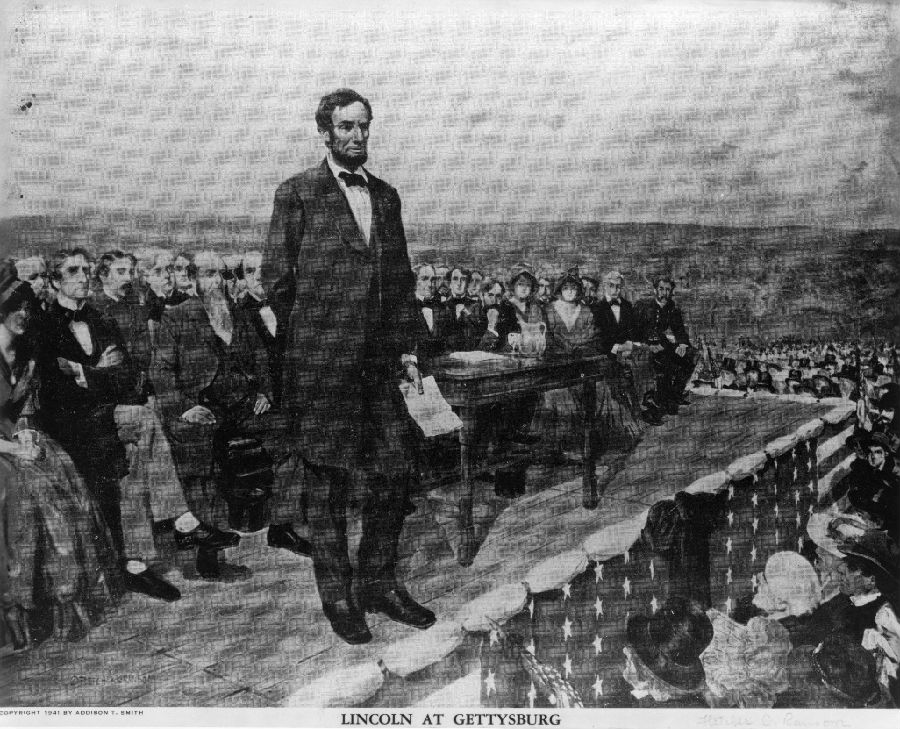Japanese showed against the Russians in the war of 1904/1905 what they could do; they had other tricks up their sleeve.
1904年和1905年與俄國的戰爭中,日本表明了自己的能力;他們自有妙招
And four, carrying a big stick.
第四點,大棒在手
As a young instructor at the naval academy Theodore Roosevelt met Captain Alfred Mahan author of the influence of sea power upon history.
西奧多·羅斯福還是海軍學院一名年輕教官的時候,遇到了艾爾弗雷德·馬漢,寫了《海權對歷史的影響》一書
Mahan grew a complete connection between a large navy and superpower status
馬漢將強大的海軍力量與大國地位緊密聯系起來
another disciple of Mahan's was the young Kaiser Wilhelm the 2nd of Germany.
馬漢的另一個門徒是德國皇帝凱撒·威廉二世

Indeed the rush to imperialism set up a naval building race between Germany and Great Britain.
的確,帝國主義的沖刺在德國和英國之間燃起了一場海軍比賽
The second tier naval powers like Russia, France, Japan and the United States worked frenziedly to catch up.
第二級海軍力量,例如俄國,法國,日本,和美國,也是狂熱地追趕著
The Russia Japanese war of 1904/1905 was a draw on land
俄羅斯和日本1904到1905年的戰爭在陸戰中打了平手,
but at the naval war went entirely Japan's way, demonstrating again just how crucial a navy was.
但是海戰中日本則是占盡了優勢,表明了海軍的重要地位
Roosevelt therefore spent huge amounts of money on the US navy
羅斯福因此在美國海軍上投入大量財力
which sailed around the world flying the flag and reminding the world of America's exulted manifest destiny.
讓海軍巡航全世界,揮舞著美國國旗向全世界宣告美國的命定擴張論











